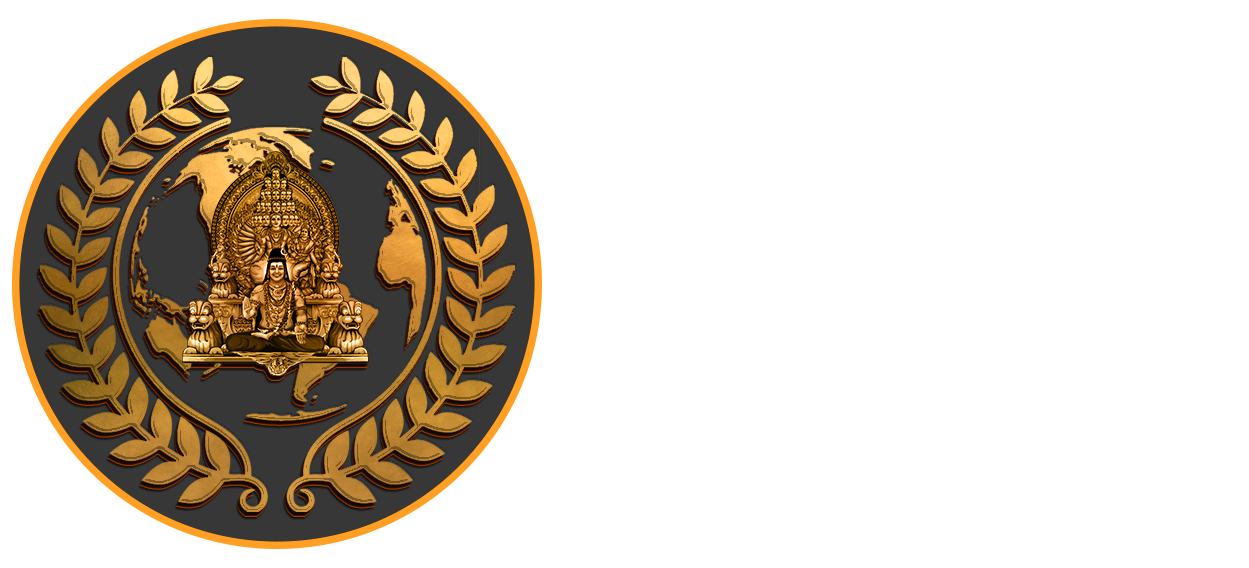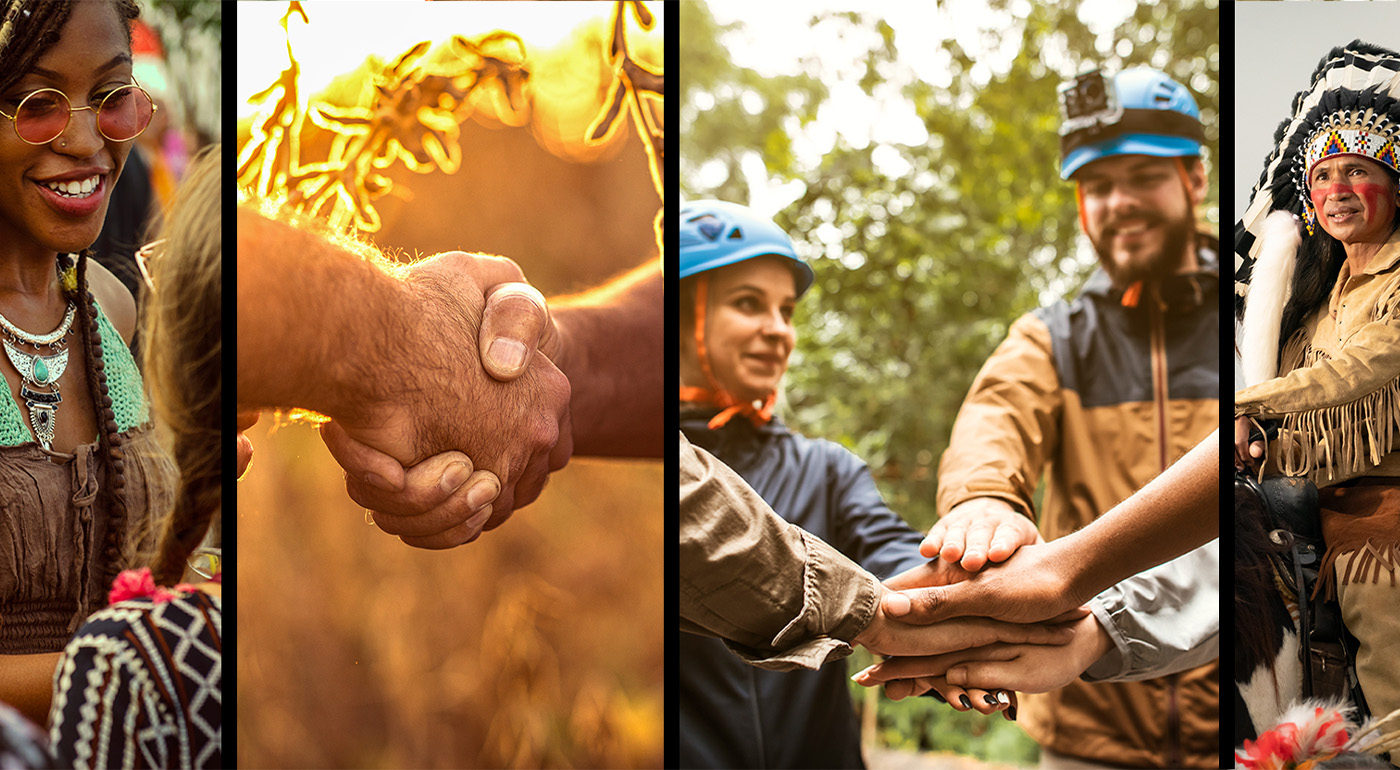



As the lead United Ancient Nations agency on indigenous development, UANDP works with 160+ Indigenous nations to preserve cultural heritage, enhance sovereignty, and reduce marginalization through ancestral wisdom-based policies, traditional leadership development, and partnerships aligned with the Six Pillars of Global Enlightenment and Sustainable Development Goals.
UANDP's mandate is to elevate indigenous voices globally, restore traditional governance systems, and build inclusive institutions honoring indigenous sovereignty. We connect Indigenous nations to sacred knowledge and culturally-appropriate resources, empowering Earth's guardians to guide humanity's sustainable future.
The Charter of the United Ancient Nations unites 5000+ unrepresented indigenous nations encompassing 300+ million people. Its purpose is maintaining ecological balance, developing respectful relations based on cultural sovereignty, and achieving international cooperation through enduring indigenous wisdom without distinction for tribe, nation, or traditional practice.
UANDP emerged from recognizing the critical need for ancestral wisdom in addressing global challenges. Formally established as the development arm of the United Ancient Nations, UANDP bridges ancient knowledge with contemporary issues through the Six Pillars of Global Enlightenment framework.

Ancient wisdom requires global collaboration. UAN works with indigenous nations, philanthropies, traditional authorities, private sector, and communities across 160+ nations to co-create solutions rooted in ancestral wisdom through the 6 Pillars of Global Enlightenment.
UAN partners with indigenous governments across 160+ nations to co-create solutions honoring ancestral wisdom and development priorities.
As part of the UAN Sustainable Development Group, we deliver integrated solutions combining humanitarian response, development programming, and peacebuilding rooted in indigenous wisdom.
UAN partners with international financial institutions to unlock resources for indigenous-led development while preserving cultural integrity and environmental stewardship.
UAN works with companies to integrate indigenous wisdom into business models while creating enabling environments for responsible investment respecting traditional territories.
UAN's partnerships represent shared commitment to indigenous empowerment and cultural preservation by co-investing with organizations honoring ancestral wisdom.
UAN partners with indigenous communities recognizing lasting transformation emerges from ancestral wisdom and traditional governance.
UAN relies entirely on voluntary contributions from Member Nations, indigenous communities, multilateral organizations, and private sector partners, in the form of unrestricted regular resources and contributions earmarked for specific cultural preservation, environmental stewardship, or collaborative innovation projects.
Flexible resources enable coordinated responses to indigenous development needs, multi-sectoral approaches integrating cognitive, emotional, social, environmental, moral, and spiritual dimensions, and thought leadership through elder wisdom—supporting 160+ member nations representing over 300 million people.

Accountability within the United Ancient Nations Development Programme (UANDP) embodies the sacred obligation to demonstrate work conducted in harmony with ancestral wisdom and traditional standards while reporting with spiritual integrity on performance results.
Internal audits through traditional indigenous oversight methods and elder councils with dedicated compliance ensuring alignment with sacred ecological practices.
Promoting organizational culture honoring indigenous values of spiritual integrity, cultural authenticity, and mutual respect according to Charter standards.
Enhancing indigenous development effectiveness through traditional learning systems, elder wisdom councils, and culturally-respectful partnerships.
Maintaining transparency rooted in indigenous governance traditions, with Regional Offices publishing information while respecting cultural protocols.
